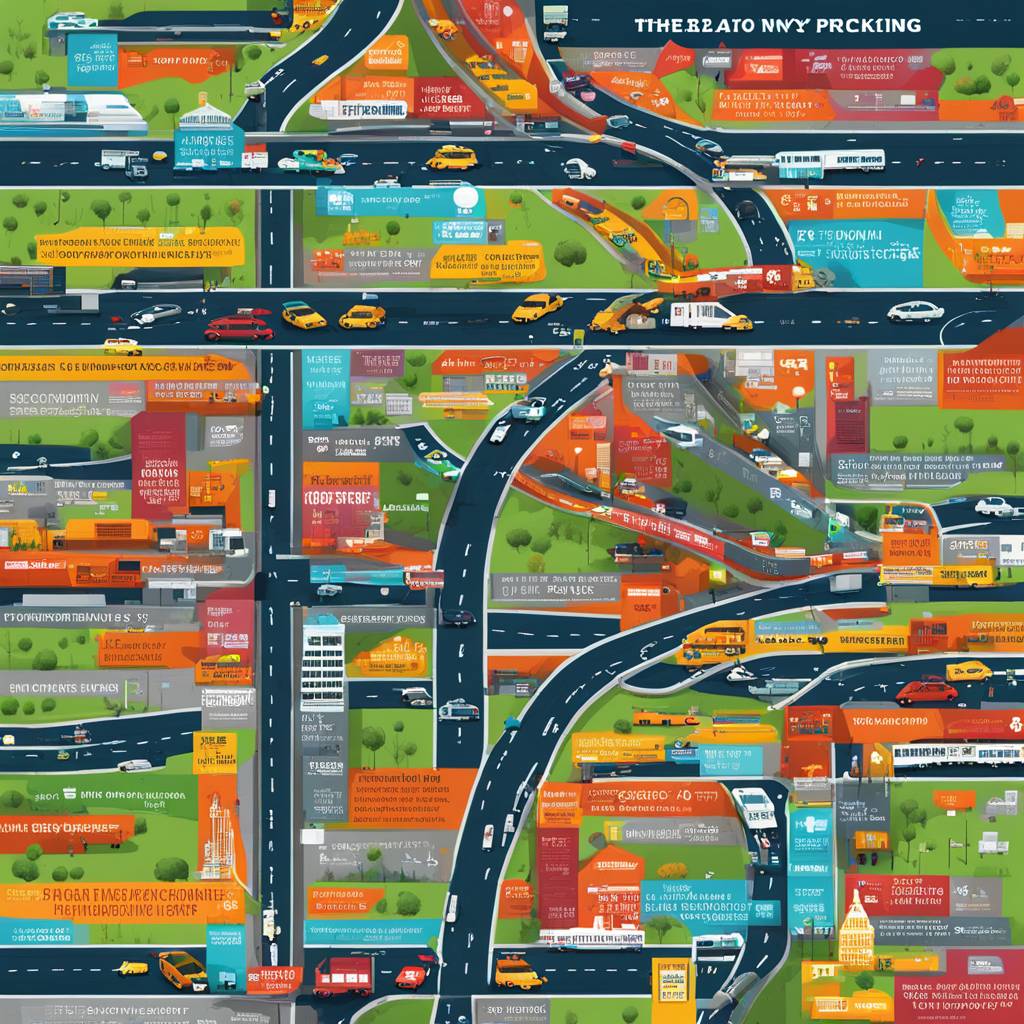The new congestion pricing plan in New York City will primarily affect cars, trucks, taxis, and Uber drivers entering the designated congestion zone at 60th Street or below. The tolls will automatically charge drivers for entering the zone, with no toll for leaving or driving within it. Passenger vehicles will be charged $15 a day on weekdays and $24 for small trucks, while large trucks will pay $36. Motorcycles will be charged $7.50. The tolls will be discounted by 75% at night, with passenger vehicles paying $3.75. Additional fees will be added to taxi, black car, Uber, and Lyft rides that begin, end, or occur within the congestion zone, with no nighttime discounts.
Certain vehicles are exempt from the new tolls, including emergency vehicles, garbage trucks, school buses, and some government vehicles. Emergency vehicles, vehicles carrying people with disabilities, school buses, and certain government vehicles used for essential city services are exempt. Commuter, intercity, and regional buses with scheduled services for the public, as well as commuter vans licensed by the Taxi and Limousine Commission, and low-income drivers are also exempt or eligible for discounts. Low-income drivers making less than $50,000 annually can receive half off the daytime toll after their first 10 trips, while low-income residents of the congestion zone making less than $60,000 a year can apply for a state tax credit.
The Federal Highway Administration is currently reviewing the final tolling program, with approval expected. However, legal challenges could still arise from federal courts in New York and New Jersey. A hearing is scheduled for April on a lawsuit filed by the State of New Jersey, with additional lawsuits brought by various groups in New York. Opponents of congestion pricing have raised concerns about the cost of tolls and the potential environmental impact of shifting traffic and pollution to other areas as drivers avoid the tolls. The ongoing litigation has led to the suspension of some capital construction projects funded by the program, impacting crucial work to modernize subway signals on the A and C lines.
Overall, the new congestion pricing plan in New York City will require most cars, trucks, taxis, and Uber drivers entering the designated congestion zone to pay tolls, with exemptions and discounts available for certain vehicles and low-income drivers. Despite legal challenges and concerns about the tolls and environmental impact, the plan is moving forward with approval expected from the Federal Highway Administration. The ongoing litigation has led to the suspension of some construction projects funded by the program, impacting essential work to modernize subway signals.








